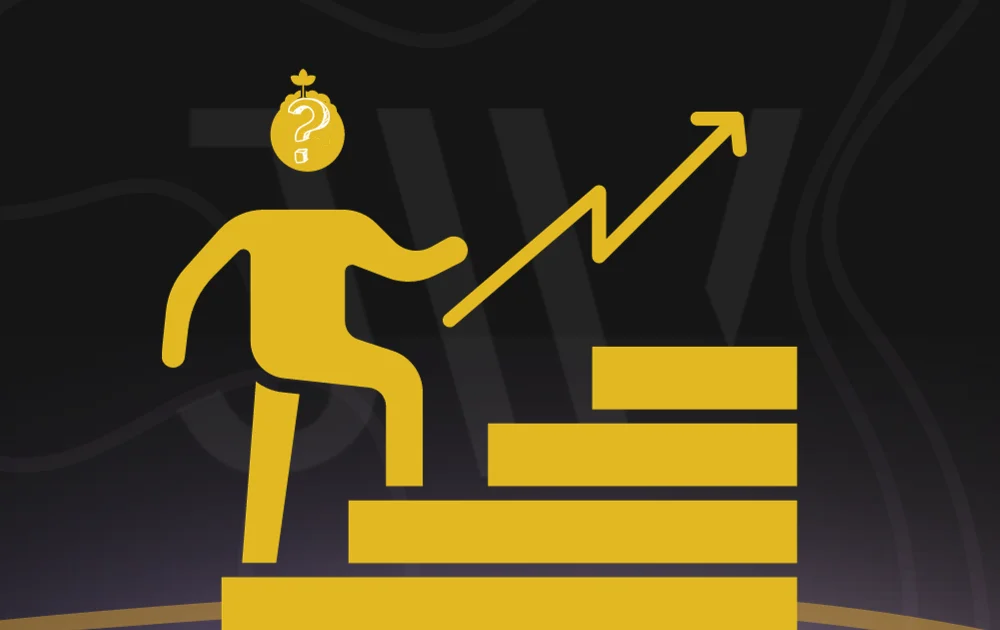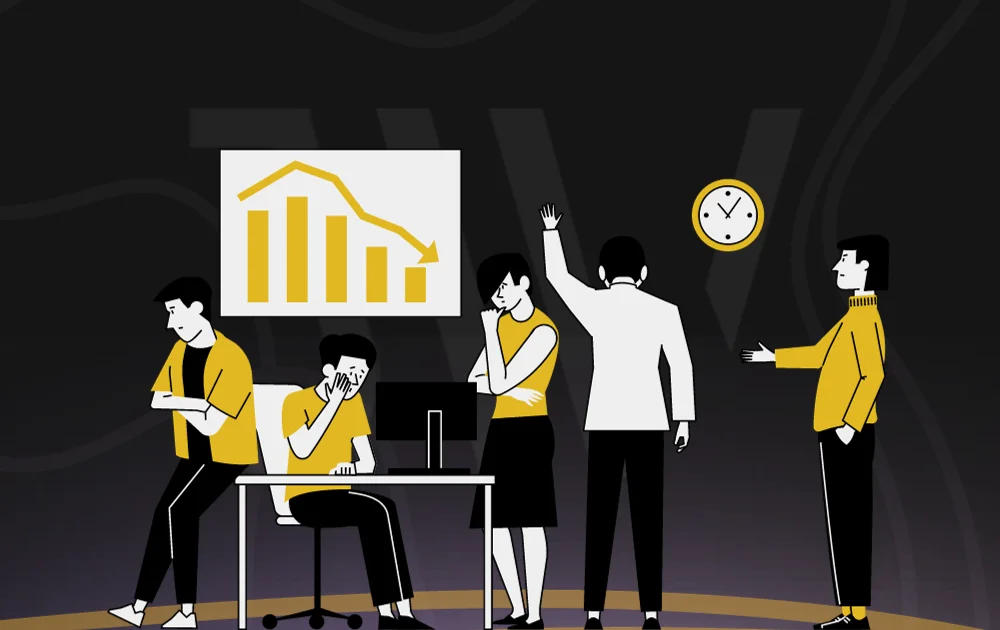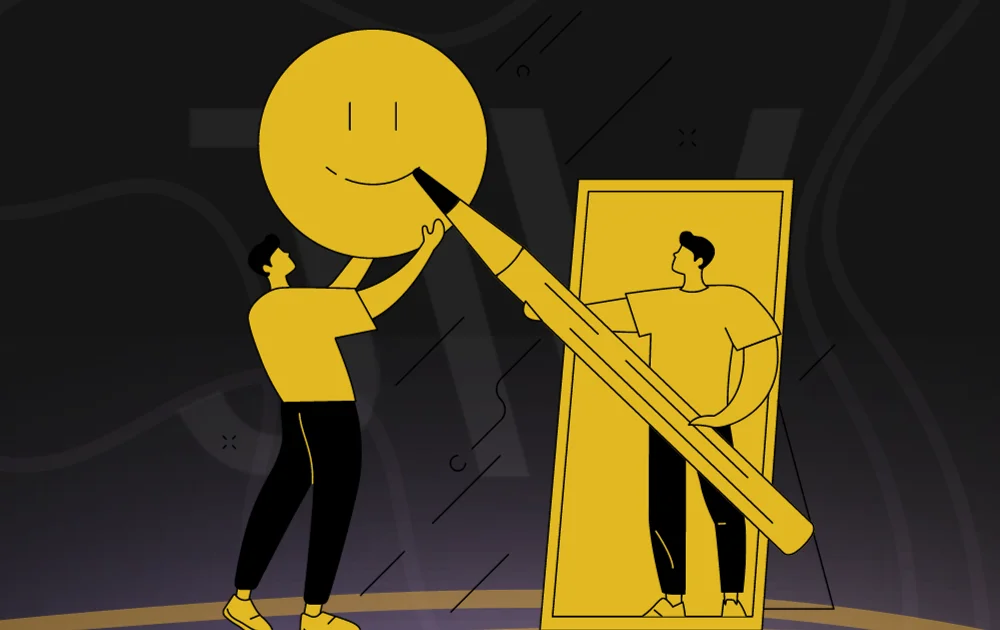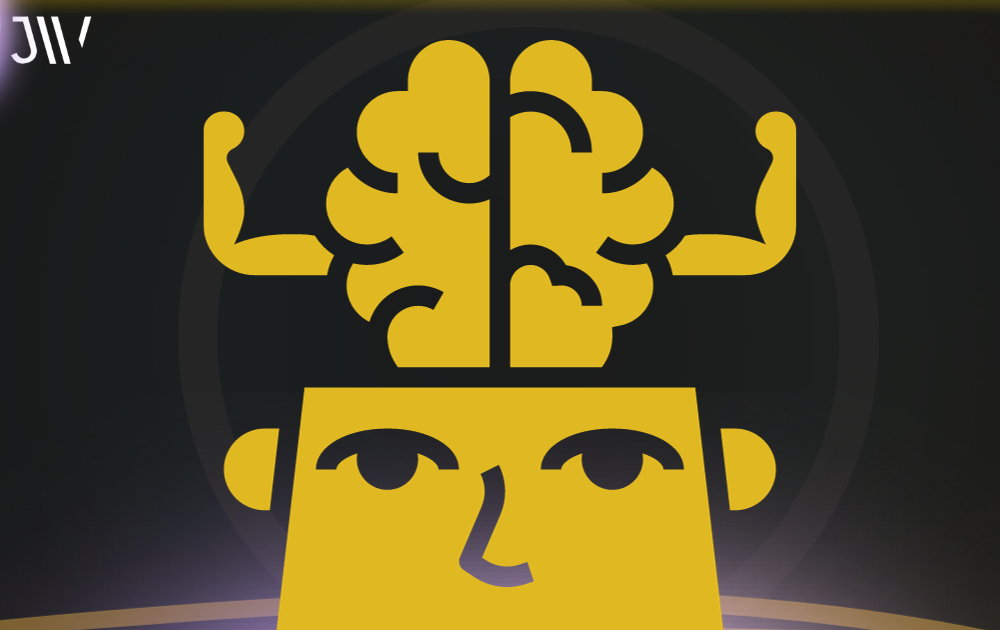Imagine you're standing at the base of a towering mountain, its peak lost in the clouds. It seems insurmountable, an obstacle far too challenging to overcome. How do you react? Do you retreat, deciding the climb is just too difficult? Or do you gear up and start to climb, seeing the mountain not as a barrier, but as an opportunity to grow, learn, and achieve something great? Your answer to this is likely reflective of your mindset – whether you have a fixed mindset or a growth mindset.
A fixed mindset, as defined by psychologist Carol Dweck, is the belief that our intelligence, abilities, and talents are inherent and unchangeable. We are born with a certain amount of skill, and there's nothing much we can do to modify that. On the other hand, a growth mindset is the belief that, while we might start with certain abilities, we can enhance them through dedication and hard work. Intelligence and talent are just starting points, not limitations, and failure is not a reflection of our worth but a stepping stone towards improvement.
So, where do you currently stand? Do you view challenges as threats or opportunities? Do you believe your abilities are carved in stone or that you can cultivate them? Understanding your current mindset is crucial because it influences your behavior, your outlook, and how you interact with the world. It's a fundamental part of personal and professional growth. And having a growth mindset It's not just about achieving more or being more successful, it is about understanding and harnessing your potential, realizing that you are not limited by your current abilities but that through effort, you can continuously evolve and improve.
If you're eager to trade self-doubt for self-discovery and embrace challenges as stepping stones, this article is your guiding light.
1. Determine Where You Are Now

The first step towards developing a growth mindset is to first understand where you currently stand in terms of your mindset. Do you see challenges as opportunities or as hurdles that hinder progress? How do you perceive failures—are they stepping stones or stumbling blocks? Understanding your current mindset involves a fair amount of self-reflection and honest evaluation. It requires you to examine your thoughts, reactions, and behaviors towards different situations. For instance, if you're given a difficult task, do you approach it with enthusiasm and confidence, or do you shy away from it due to fear of failure?
Why is this important? Knowing where you stand allows you to identify areas that need improvement. If you realize that you often shy away from challenges due to fear of failure, then you know that's an area you need to work on. It could mean that you need to change your perspective on failure and start viewing it as a part of learning rather than a measure of your capabilities. Moreover, understanding your current mindset will allow you to set realistic and achievable goals for developing a growth mindset. By knowing where you currently stand, you can decide where you want to go and devise a plan on how to get there. It provides a clear path for your journey towards developing a growth mindset.
Having a growth mindset is a continuous journey, rather than a destination. Recognizing where you currently stand is just the first step. This self-awareness is a critical first step in the journey towards developing a growth mindset. Once you know where you are, you can better map out where you want to go and how you plan to get there.
2. Understand Why You Want To Develop A Growth Mindset

It is essential to understand why you want to develop a growth mindset, as this reason will form the foundation of your journey towards self-improvement and success as it can serve as a catalyst that ignites your drive to overcome obstacles, learn from failures, and persist in the face of challenges.
Are you driven by a desire to achieve your highest potential and live a fulfilling life, or is it the need to succeed in your professional goals? Perhaps you are motivated by personal development, or the aspiration to overcome certain negative habits or mindsets.
Whatever your reasons, it is crucial to determine why you want to develop a growth mindset, as this will guide your actions and decisions.
Developing a growth mindset is not merely about changing your attitude or becoming more optimistic. It embodies a comprehensive transformation of how you perceive your abilities, handle setbacks, and achieve your goals. Individuals with a growth mindset believe that abilities and intelligence can be developed through dedication, hard work, and a love for learning.
This mindset promotes the idea that mistakes are opportunities for learning rather than failures to be avoided. If you desire to develop a growth mindset, you are seemingly ready to embrace this paradigm shift and cultivate a more resilient, adaptable, and success-oriented mentality.
3. Change Your Perspective on Failure

The next step in cultivating a growth mindset involves altering your perspective on failure. Often, we view failure as something negative, a setback that signifies our incompetence or lack of abilities. However, this outlook only serves to create limitations and inhibit growth. Instead, a healthier and more constructive approach is to perceive failure as a stepping stone towards success, a chance for you to learn, adapt, and improve.
Embracing failure as an integral part of the learning process is one of the key aspects of a growth mindset. It's about understanding that no one starts out perfect and that every successful individual has gone through a series of failures before they attained their success. In this regard, failure is not a reflection of your abilities but rather a testament to your efforts.
It is a signal that you are pushing your boundaries, trying new things, and stepping out of your comfort zone. Seeing failure as an opportunity rather than a setback is a powerful shift in perspective. This shift allows you to transform every setback into a step forward and every failure into an opportunity for growth.
It's about recognizing that the path to success is not linear and that every obstacle is an invitation to learn, adapt, and evolve.
4. See Your Challenges As Opportunities

Having a growth mindset involves seeing challenges as opportunities. This perspective isn't always automatic. In fact, it often requires a significant shift in thinking. Most of us are conditioned to view challenges as something negative, as obstructions in our path to success. However, having a growth mindset involves understanding that these challenges are not roadblocks, but rather stepping stones that lead us towards our goals.
When you view challenges as opportunities, you open the door to a whole new realm of possibilities. Challenges are no longer daunting or overwhelming, but rather exciting and empowering. They become a chance to learn something new, to stretch our abilities, to test our resilience. Every challenge faced is a chance to grow stronger and more capable. Therefore, developing a growth mindset is changing the way you perceive challenges.
In the face of adversity, it is not uncommon to feel discouraged or even defeated. It's easy to see how a difficult situation could lead one to feel stuck. But with a growth mindset, such problematic scenarios can be considered as opportunities for learning and growth. Instead of asking, 'Why is this happening to me?' you might ask, 'What can I learn from this?' or 'How can I use this situation to my advantage?' It's important to note that seeing challenges as opportunities doesn't mean pretending difficulties don't exist. It doesn’t mean that you should ignore the stress, anxiety, or negativity that they may bring. Instead, it's about acknowledging those feelings, but choosing not to let them define your experience. It's about finding the silver lining, the lesson or growth opportunity within the hardship.
5. Reflect On What You’ve Failed At And Learn From It

One of the most empowering ways to develop a growth mindset is to reflect on your past failures and learn from them. Failing can be tough; it can make you feel defeated and perhaps even make you want to give up. However, it's essential to understand that failure is not the end of the road, but rather it acts as a milestone on the path to attaining success.
Firstly, start by acknowledging your failures. This isn't about wallowing in self-pity or regret, but about understanding that failure is a natural part of life. Accepting failure helps you to bring it into perspective, to view it as a momentary setback rather than a permanent roadblock. When you acknowledge your failure, you take away its power to discourage you and instead turn it into a powerful tool for self-improvement.
Next, it's crucial to analyze your failures objectively. What led to this failure? Was it a lack of preparation, a misjudgment, or something else entirely? Dig deep and identify the root causes of your failure. This process will help you to uncover not only what went wrong but also why it went wrong, providing you with valuable insights.
Then comes the most important part—learning from your failures. Every failure carries a lesson, and your job is to understand that lesson. Ask yourself, "What can I learn from this experience?" Perhaps you need to improve your planning skills, or maybe you need to work on your patience. Whatever the lesson, ensure that you internalize it and use it to better yourself.
Furthermore, don't hesitate to seek feedback from others. They can provide you with a different perspective on your failure, helping you to glean more insights from your experience. Remember, the goal is not to criticize yourself, but to understand how you can improve. Finally, take action based on your reflections. Use what you've learned from your failure to make changes, to grow, and to improve. This is where your growth mindset truly comes into play. Instead of being paralyzed by failure, you're using it as a catapult towards your success.
6. Stop Seeking Approval from Others

In the journey to develop a growth mindset, an essential step is to stop seeking approval from others. This not only allows you to focus on your personal growth but also fosters self-confidence and self-approval. The need for external validation can often cloud our judgment, leading us to make decisions that might not align with our true goals or desires. It is important to understand that everyone has a unique path, and our journey should be self-directed and not be influenced by the opinions or approvals of others.
The human brain is wired to seek approval as it provides us with a sense of social belonging. However, this can often limit our potential to grow and learn. We often make decisions or act in a way that would please others, even if it means compromising our own beliefs or ambitions. Such behavior can create a fixed mindset where we are afraid to take risks or explore new opportunities because of the fear of disapproval or criticism.
Contrarily, when we stop seeking approval from others, we liberate ourselves from societal constraints and open our minds to endless possibilities. We allow ourselves to make mistakes, learn from them, and evolve. This is where the growth mindset comes into play. It lets us view failures not as a dead-end but as a source of feedback and an opportunity to improve ourselves.
However, it's important to note that not seeking approval doesn't mean not valuing feedback. Constructive feedback is a great way to acknowledge our weaknesses and improve upon them. The key lies in distinguishing between feedback that aids our growth and criticism that dissuades us from pursuing our goals.
Final Thoughts
Developing a growth mindset can be a life-changing journey. It's about more than just overcoming challenges and achieving goals. It's about understanding that potential is not fixed, and that our abilities and intelligence can be developed.
It's about embracing the process of learning and growth, and recognizing that setbacks and failures are not obstacles, but rather stepping stones to success.
So, as you step forward in your journey of personal and professional development, remember the power of a growth mindset, and embrace the endless possibilities it presents.
